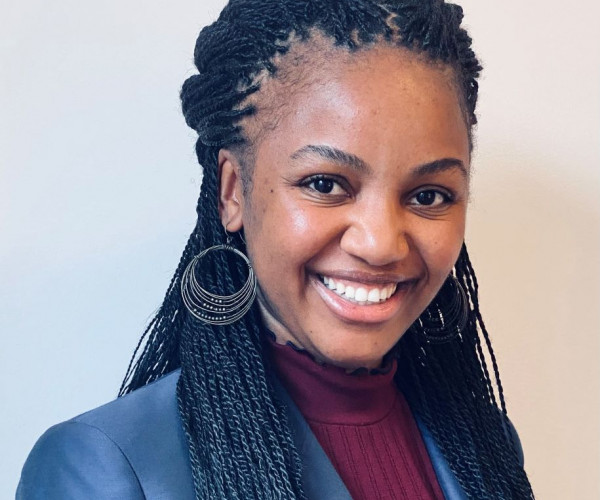Pathways to the Profession: Sadé Stevens L’23
Sadé Stevens L’23 is from Johannesburg, South Africa and studied English Literature as an undergraduate student at Stanford University. She worked at the Equal Justice Initiative (EJI) between college and law school and is interested in constitutional litigation and policy.
This summer, I have the privilege of interning with the NAACP Legal Defense and Educational Fund, Inc. (LDF), which was founded by Thurgood Marshall and which litigated Brown v. Board of Education. Through litigation, legislative advocacy, and public education, LDF continues to advance racial justice and civil rights while seeking to enforce the rule of law.
One of LDF’s primary focus areas is voting rights, which has been a civil rights struggle since the start of Reconstruction. I was assigned to work on the case, Sixth District of the African Methodist Episcopal Church v. Kemp, which challenges many of the provisions of Georgia’s new racially restrictive voting law. I have been tasked with conducting legal and social science research and with interviewing Georgians who have been adversely affected by the law. In a case with so many plaintiffs and defendants, taking Civil Procedure with [David E. Kaufman & Leopold C. Glass Professor of Law] Catherine Struve created an important foundation for understanding all of the litigation’s moving parts.
I am also part of a team that is working to achieve equal political representation. This project is especially important because the 2021 Redistricting cycle will be the first without Section 5 of the Voting Rights Act of 1965. Section 5 had previously required states with histories of racial discrimination to seek approval from the federal government before implementing redistricting plans.
Working so closely (even remotely due to Covid-19 protocols) with leading voting rights lawyers and experts in a fast-paced environment has solidified my interest in pursuing a career in litigation. At the same time, as I’ve learned from both LDF and EJI, cultural and narrative change often precipitates legal change, which inspires me to participate in educational initiatives outside of the courtroom.
I am grateful to the amazing staff of LDF for the opportunity to learn and contribute to their critical mission, and to the Law School’s Voter Protection Summer Fellowship for making this experience possible.





